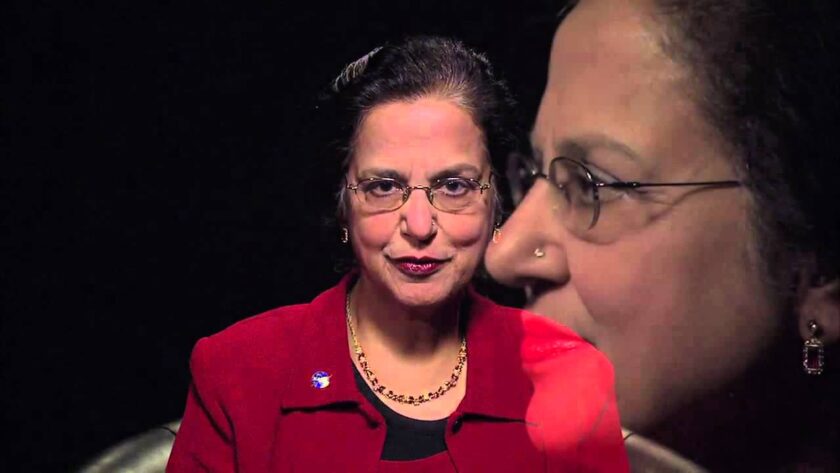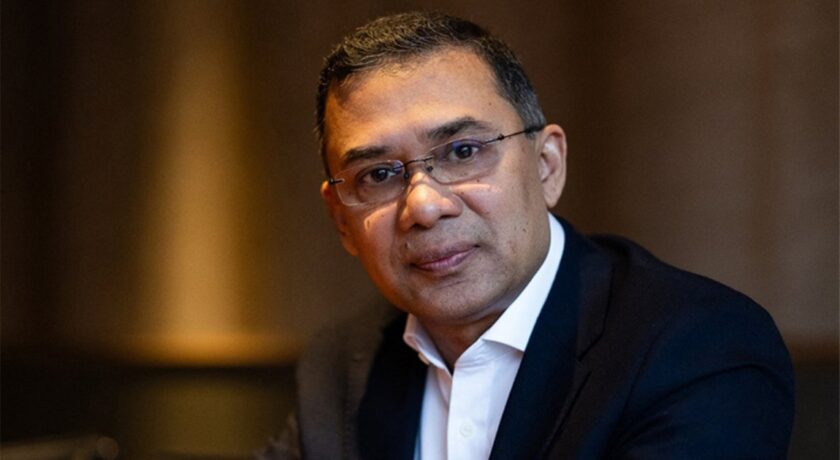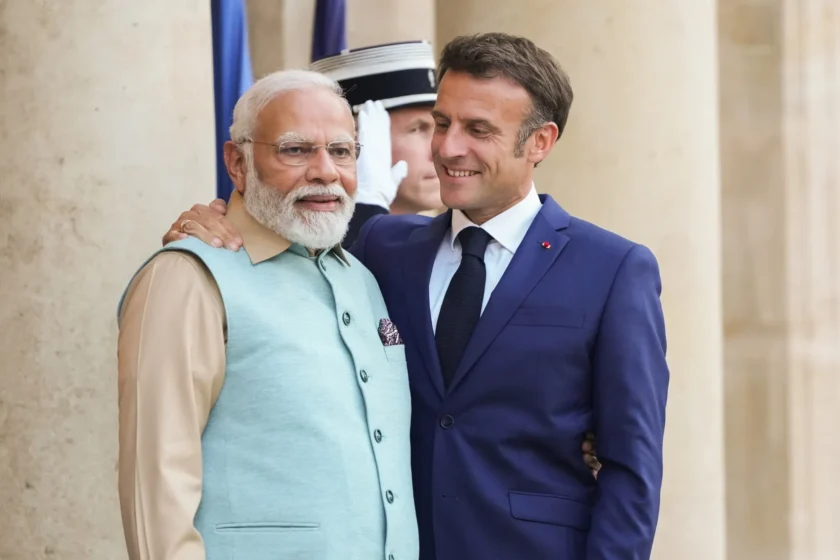Seoul – North Korea has publicly denounced recent remarks made by U.S. Senator Marco Rubio, who referred to the country as a “rogue state” in a radio interview. The regime in Pyongyang called the comments “nonsense,” and vowed to take “tough counteraction” against any provocative actions from the United States.
The statement, issued by North Korea’s foreign ministry, marks the first official criticism of the incoming administration of U.S. President Donald Trump. Rubio’s remarks had characterized both Iran and North Korea as “rogue states” that the U.S. must confront when shaping its foreign policy.
North Korea’s Stance on Diplomacy
A spokesperson for Pyongyang’s foreign ministry emphasized that North Korea would “never tolerate any provocation of the United States.” According to a report by the North’s state-run news agency KCNA, the country’s nuclear development will continue “indefinitely” despite U.S. diplomatic efforts to curb it.
In the statement, the regime strongly rejected Rubio’s accusations, calling them “thoughtless” and warning that such comments were a “grave political provocation.” The statement further stated that Rubio’s portrayal of North Korea was a misrepresentation of its sovereign status, designed to tarnish the nation’s international image.
The comments come amid heightened tensions surrounding North Korea’s nuclear weapons program, which has long been a point of friction between the U.S. and the regime. While Donald Trump had previously praised North Korean leader Kim Jong Un as a “smart guy” and expressed willingness to reengage with him diplomatically, Rubio’s remarks signal a tougher stance on the North Korean issue.
A Mixed Signal
Analysts have weighed in on North Korea’s response, suggesting that it offers a glimpse into Pyongyang’s diplomatic strategy under the Trump administration. Hong Min, a senior analyst at the Korea Institute for National Unification, described the North’s statement as a “mixed signal.” While the regime strongly criticized the U.S., it also subtly laid out its aspirations, signaling its desire to engage diplomatically while continuing its nuclear development.

“The statement quietly lays out North Korea’s aspirations even as it publicly criticizes the U.S.,” said Hong. “In essence, it serves as a roadmap for North Korea’s future diplomatic strategy under the Trump administration.”
Ongoing Tensions and Diplomatic History
The Trump administration’s approach to North Korea has been marked by both direct engagement and occasional setbacks. Despite multiple high-profile meetings between Trump and Kim Jong Un during his first term, negotiations fell apart in 2019 over differences regarding sanctions relief and denuclearization. The breakdown in talks left unresolved questions about North Korea’s nuclear ambitions.
In January 2025, President Trump expressed his intention to reach out to Kim again, signaling the possibility of renewed diplomatic engagement despite the ongoing tensions. However, North Korea’s nuclear program remains a significant point of contention, with the U.S. maintaining sanctions aimed at curbing the regime’s weapons development.
Looking Ahead
As North Korea continues to develop its nuclear capabilities, the international community remains divided over how to handle the rogue state. Pyongyang’s steadfast commitment to its nuclear program and the recent exchange of hostile rhetoric with the U.S. suggest that the path forward will likely be fraught with continued diplomatic friction.
The world will be watching closely as both North Korea and the United States navigate their complex relationship, with hopes for a breakthrough tempered by the reality of ongoing geopolitical tensions.









